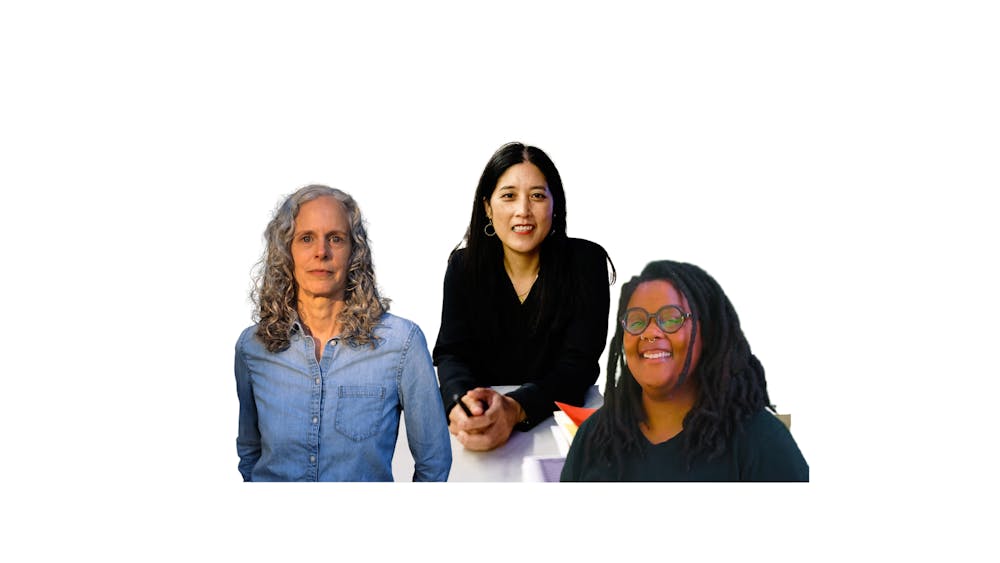
Graphic by Olivia Shuler
Several days ago, 80 colleges including Emory University announced their plans to begin using an alternative to the Common Application. The group of colleges — known as the Coalition for Access, Affordability and Success (CAAS) — seeks to increase accessibility and reduce the difficulties of the process for underrepresented groups, particularly low-income and first-generation college students. We at the Wheel have high hopes for this system and think it is a step toward making higher education an achievable goal for all.
The colleges involved are working to shift much of the footwork in the application process from the student’s senior year in high school to his or her four years of high school by instituting a new system in which students can submit a portfolio of their work when applying. Students can choose which essays, audio clips or videos from their high school career they would like to include in their portfolio. Prospective Emory students in 2016 can apply using this application or the Common App during this trial period.
This portfolio will be stored on an online database that college counselors and mentors can access to comment so that a student can receive feedback and advice.
This could encourage more students to apply to college, relieving some of the stress associated with the mad crunch of the application process.
The current Common App system has a tedious and complicated feedback system, and discourages students from discussing their application with their counselor. The result is that only a wealthy, privileged few can afford to hire private college counselors to guide them through each and every step of the process. This application change will hopefully level the playing field for some.
Next, and perhaps most encouragingly, the Coalition will require all of its private member institutions to meet a hundred percent of its admitted students’ demonstrated financial need. Currently, 62 schools claim to meet 100 percent of demonstrated financial need, and this requirement by the Coalition, which includes many of the the top-ranked schools in the country, will hopefully encourage other schools to reconsider their current practices.
Our current reservations about the system center primarily around those students who are uncertain or undecided about attending college until late in their high school career. These students could be discouraged from beginning the process if they are starting later than their peers.
Finally, it is important that schools like Emory exercise caution and care with the new avenue for applicants. The University must be meticulous about enacting special measures that allow for a fair comparison between a student applying through the Common App and one using the Coalition Application.
While the process of making college accessible for everyone is a challenge that much of the nation faces, this new initiative has potential to begin a cascade of change and make meaningful diversity an achievable goal.
The above staff editorial represents the majority opinion of the Wheel's editorial board.







